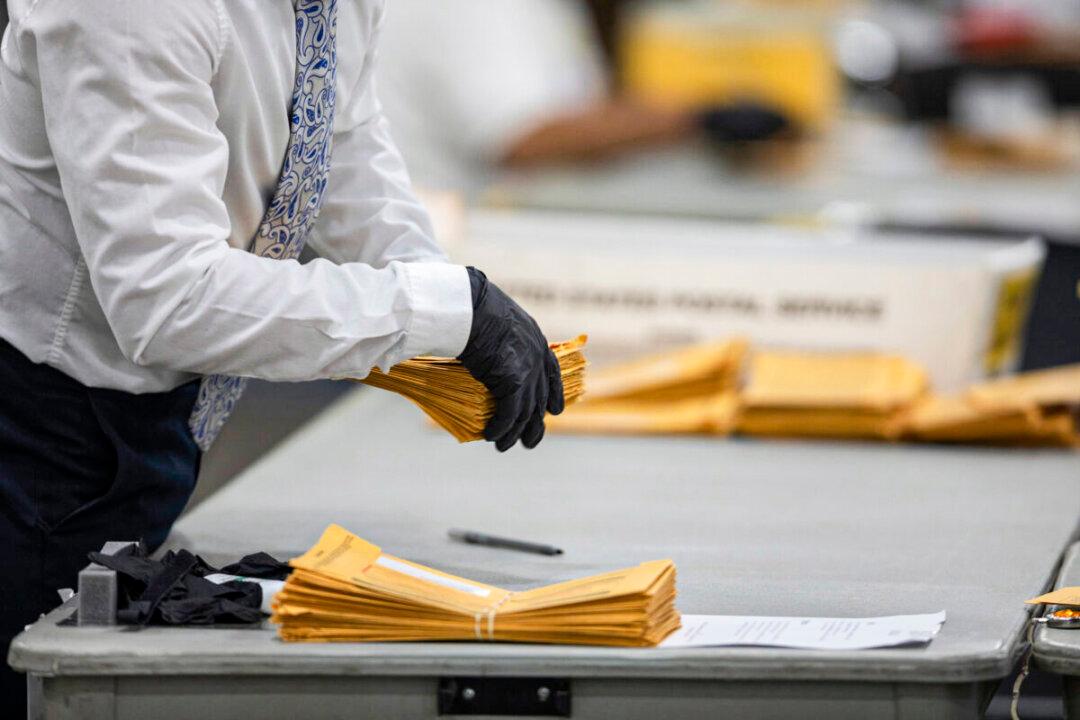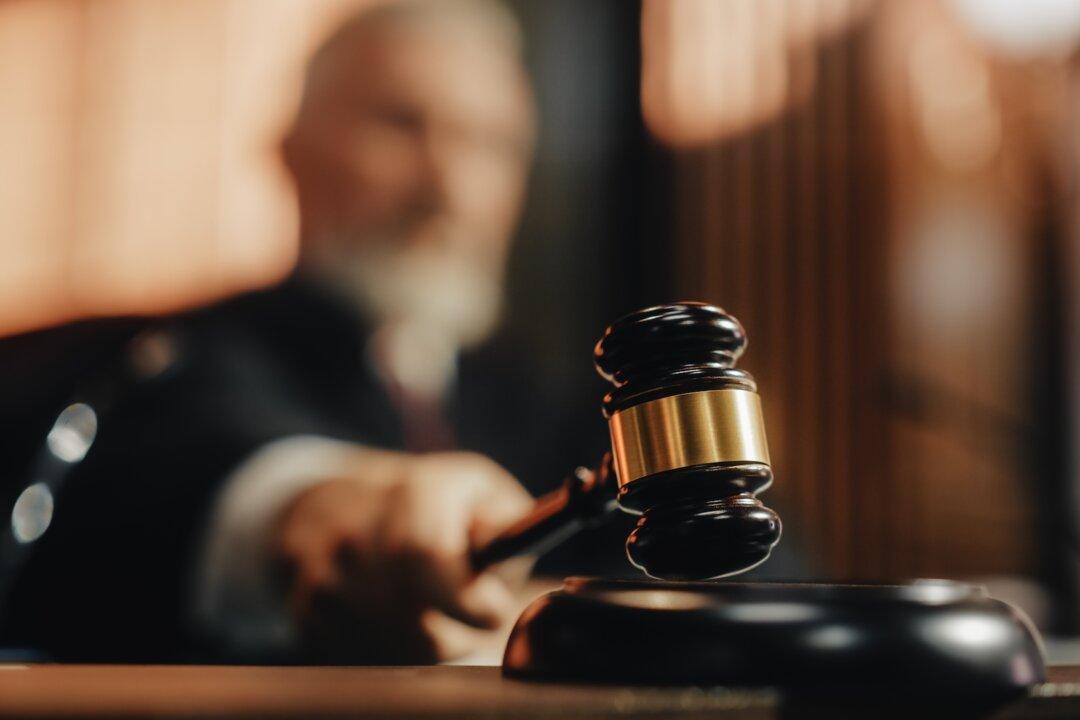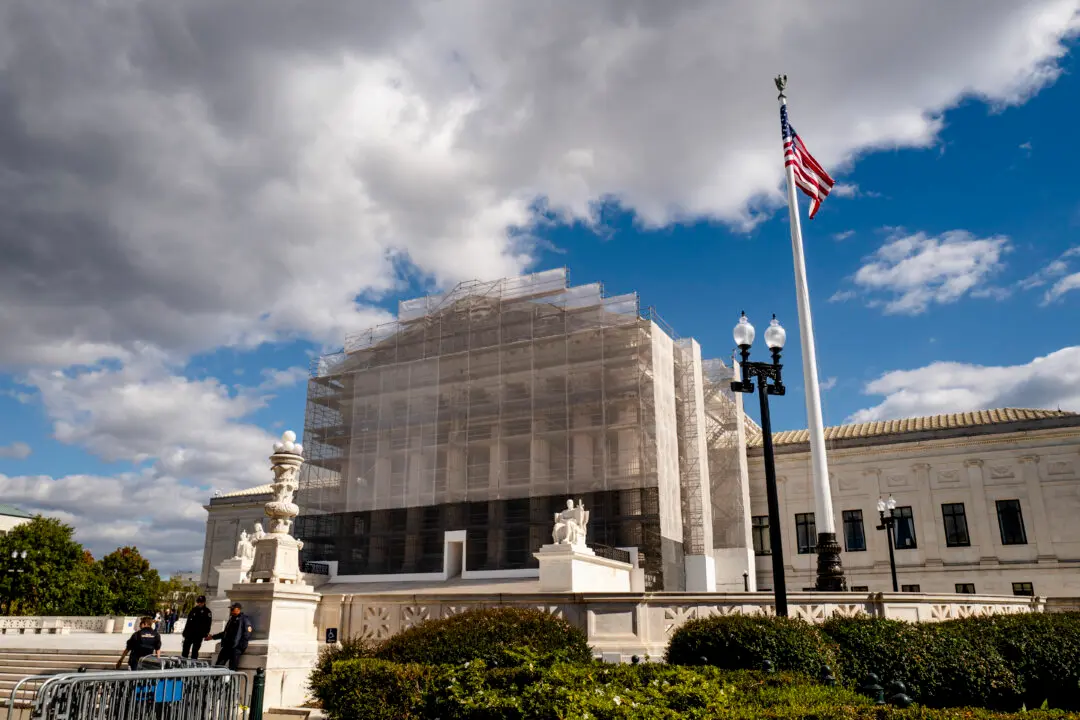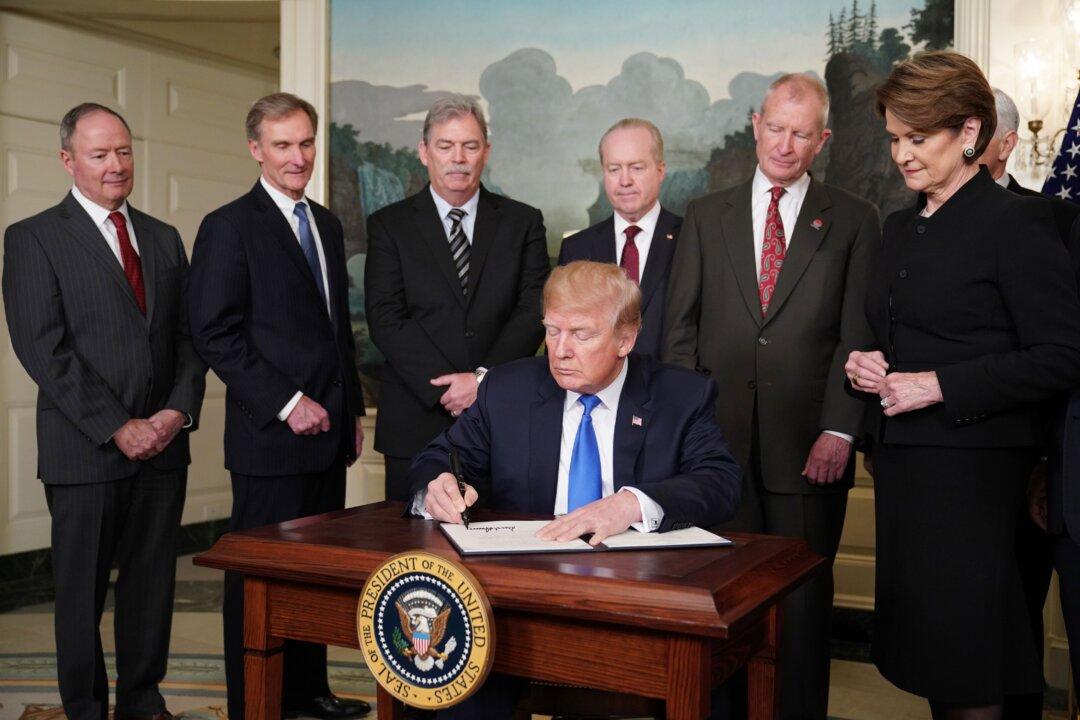Commentary
When I said in a TV interview that I didn’t know who won the 2020 presidential election, I was expressing a view similar to that held by a very large cohort of Americans. That didn’t stop two left-leaning news websites from targeting me last year with investigative stories. Why? Perhaps they were trying to get me hauled up before the House of Representatives Jan. 6 committee.





